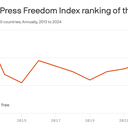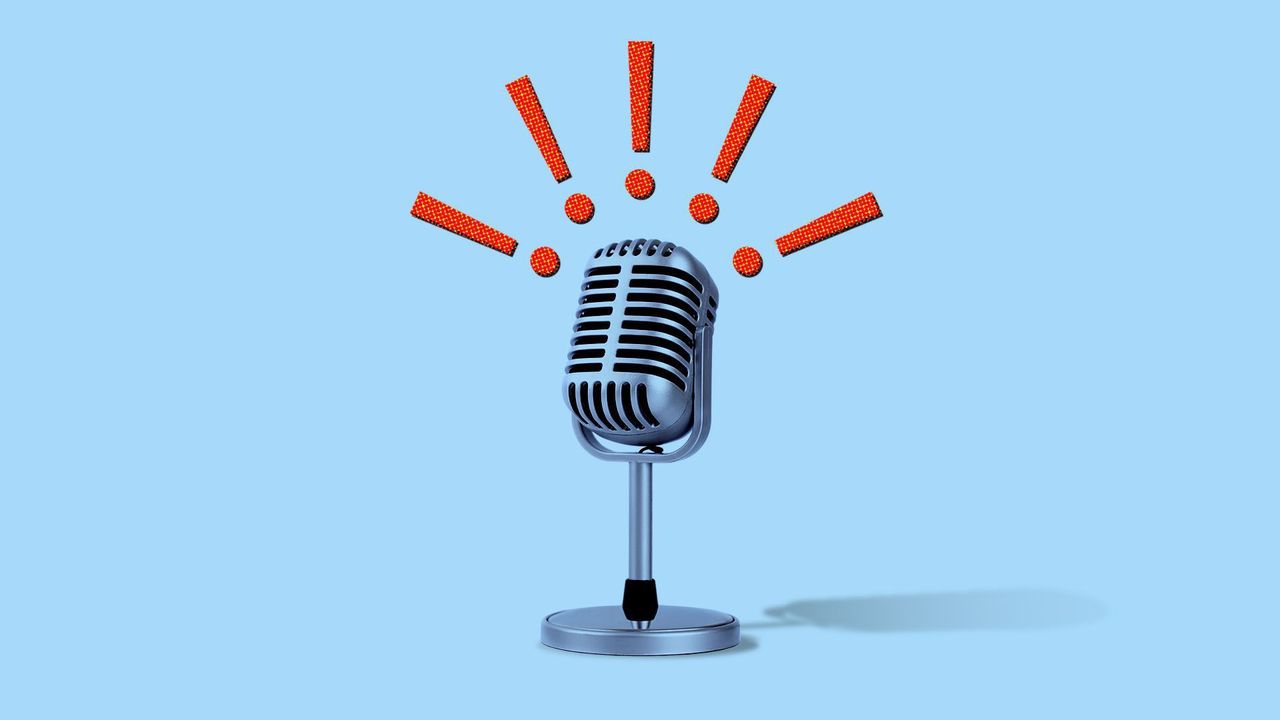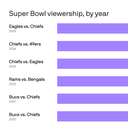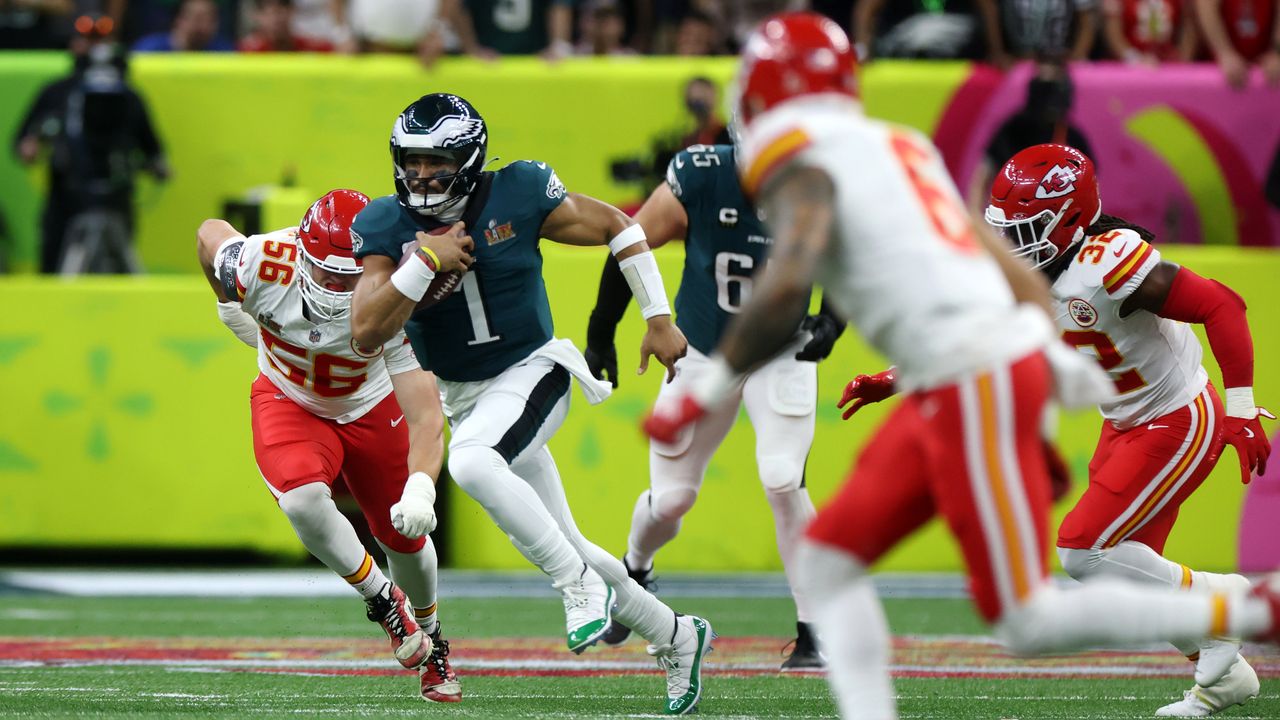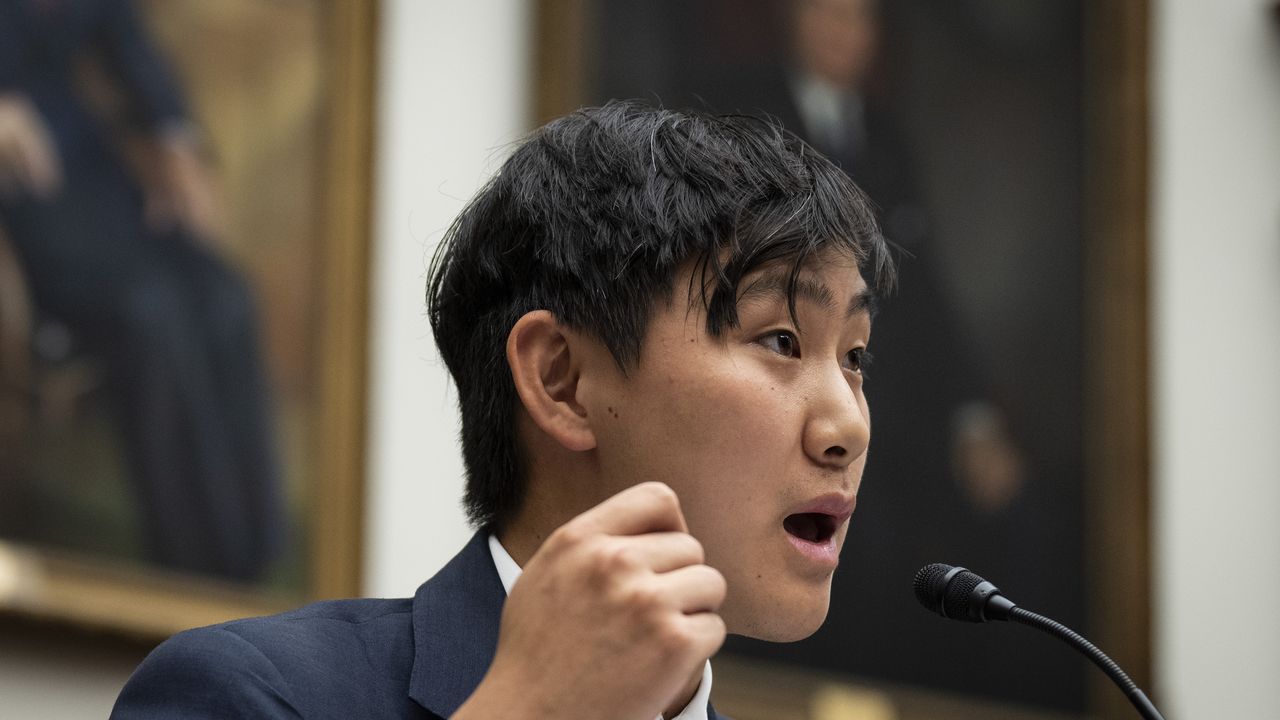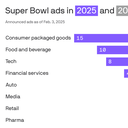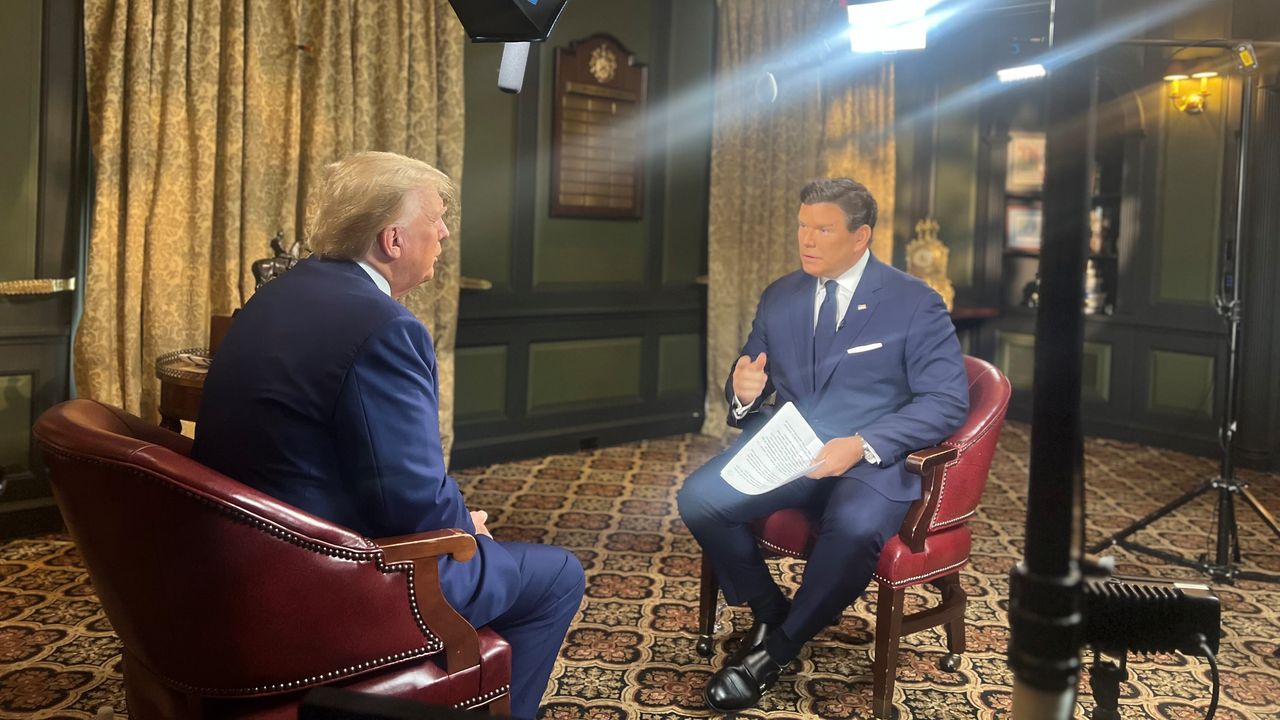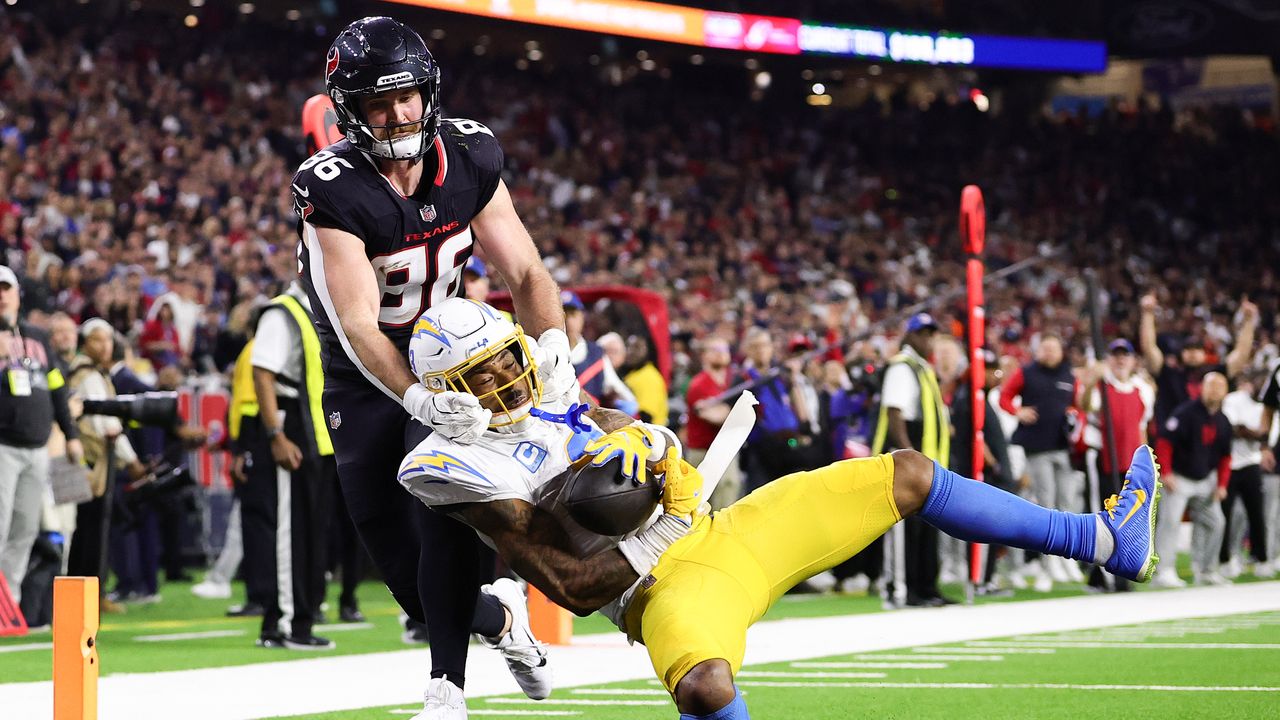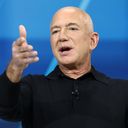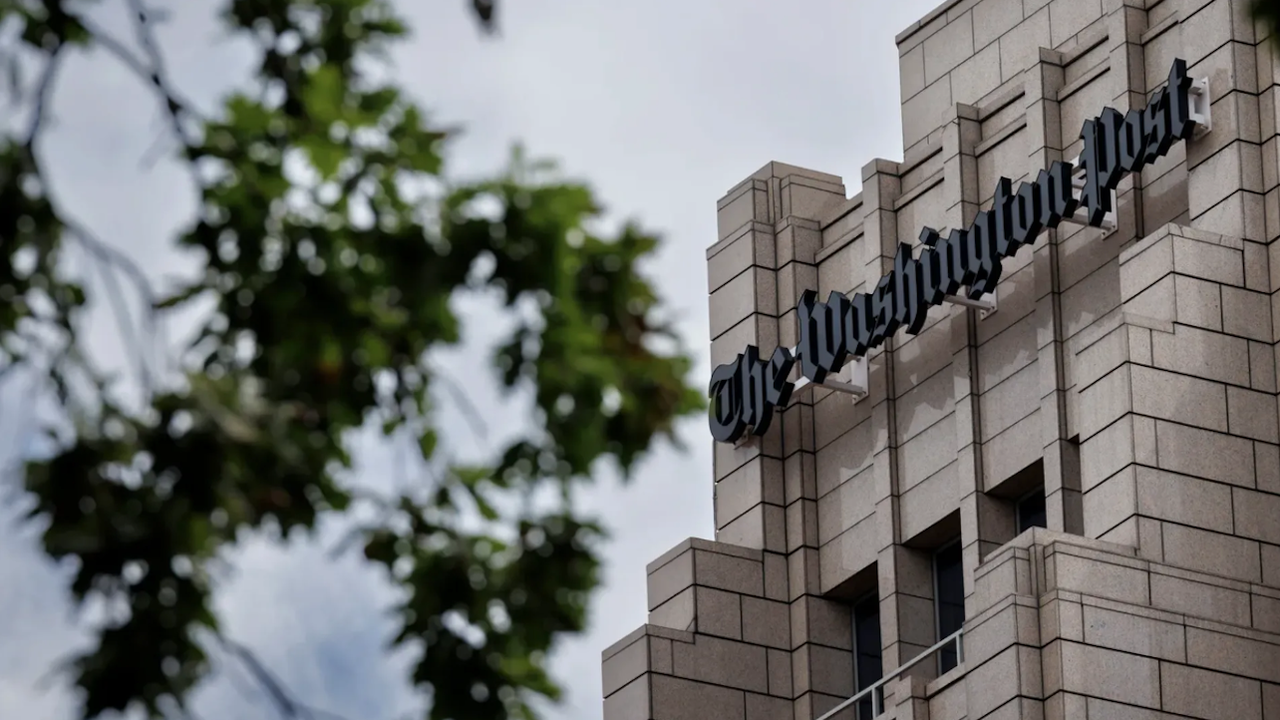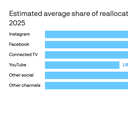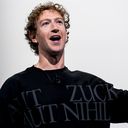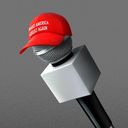MSNBC will lean into progressive roots in Trump era
MSNBC's new president Rebecca Kutler plans to announce broad programming changes to the network that elevate some of its most progressive voices, sources told Axios.
Why it matters: The changes signal the network's intent to double down on its liberal bend instead of moving toward the center in a new Trump era.
State of play: The programming shifts, which will impact dayside, weekend and primetime programming, include moving former White House press secretary Jen Psaki, currently the host of the weekend show, "Inside with Jen Psaki," to anchor one of the primetime hours during the week.
- Psaki could be named anchor of MSNBC's 9 p.m. hour, which Rachel Maddow currently helms, sources told Axios. Maddow has returned to the anchor chair five times per week during the first 100 days of the Trump administration. She plans to return to anchoring just once per week on Mondays after that.
- Alex Wagner, who had been anchoring MSNBC's 9 p.m. hour Tuesday-Fridays since 2022, will remain with the network as a correspondent, sources said.
- Pskai, who joined the network in 2022, served in the Obama and Biden administrations. Her show has become the network's most-watched weekend program.
Zoom in: Symone Sanders Townsend, Michael Steele and Alicia Menendez, the trio of co-hosts that currently anchor MSNBC's weekend program "The Weekend," will move to anchor a weekday program in the 7 p.m. hour, sources added.
- Menendez would be the first Latina woman to host a primetime cable news program on MSNBC.
- Steele, formerly the chairman of the Republican National Committee, would join MSNBC anchor Nicole Wallace and "Morning Joe" host Joe Scarborough, a former Republican Congressman, as a host of a daily program on the network.
Between the lines: Sanders Townsend, formerly a spokesperson for former Vice President Kamala Harris, was hired by MSNBC in 2022, shortly before Pskai. Kutler spearheaded both programs in her previous role as MSNBC's senior vice president of content strategy.
- Kutler, a longtime producer and former head of content development and talent at CNN, has a history of developing reporters and commentators into cable news stars.
- Sources said talks are underway for Kutler to add Politico's Eugene Daniels and NYU law professor Melissa Murray to the network's lineup.
- A network spokesperson declined to comment.
The big picture: MSNBC and several of its sister cable networks are expected to be spun out from Comcast as part of a separate, standalone company that will be publicly traded.
- The split will force MSNBC to build up some of its own reporting and newsgathering infrastructure, especially in Washington D.C., where Kutler is expected to announce a new Washington Bureau for the network in coming months.
What to watch: Kutler is also hiring for a Washington bureau chief and new heads of talent, newsgathering, and content strategy.


